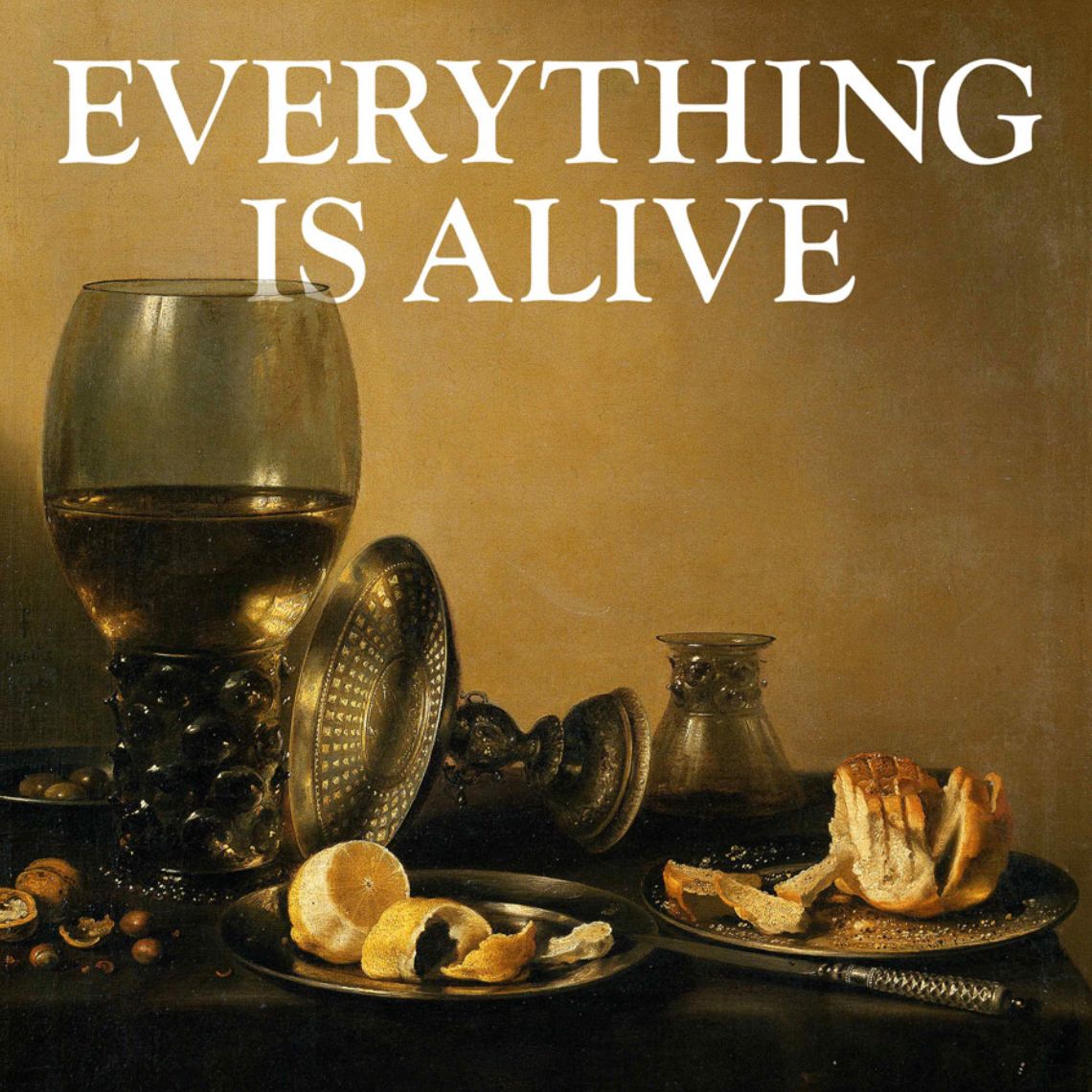Learning as Freedom, The Great Truths, Everything is Alive
Office Hours
Learning as Freedom
We don’t hear the phrase used very often these days, but going to college is supposed to give us something called a “liberal education.” (We still pay homage—or is it lip-service?—to this goal in the way we distinguish between a College of Liberal Arts and Sciences, for instance, and a School of Business or a College of Engineering.)
Think about that phrase, “liberal education.” Why describe education as “liberal”?
I think a true education is “liberal” for two reasons.
First, because genuine learning is liberating, that is, it grants us freedom.
And second, because genuine learning is liberated, that is, it is itself free.
What do I mean when I say that learning grants us freedom? On the most basic level, true education frees us from the tyranny of parroting the opinions of others. It frees us, in other words, to think for ourselves, instead of simply repeating in a more-or-less mindless way what our friends are saying, what the latest popular political opinion happens to be, what we skim online, or whatever meme comes to mind.
What about learning that is itself free? Most of the time, we think seriously and intentionally only when we need to solve some problem: What do the enigmatic drawings on this IKEA instruction sheet mean? What answer does this interviewer want to hear that will show me in a good light? Where did I leave my phone?
But notice that this kind of thinking makes our reasoning be for the sake of something else: I have some end in mind—assemble the bookshelf; get the job; find the phone—and I think just insofar as it serves the purpose of accomplishing that end.
For most of us, our “education” follows (or followed) this same basic pattern: memorize the content to pass the test; figure out the procedure to reproduce the results; write the essay to get a good grade. But what if there is another way to think about thinking? What if learning were for its own sake, that is, for the sake of understanding and not (merely or primarily) for the sake of some further goal?
A truly liberal education means freedom from a too-narrow concern with merely extrinsic goals (like GPA). It means freedom to ask questions about meaning, rather than about procedure. Freedom to read more than what was assigned. Freedom to lose an afternoon, an evening, thinking about a problem. Freedom to enlarge your very self with what you have learned, rather than holding it at a distance as something simply to be memorized and then discarded.
The title of this newsletter, then, is a bit tongue-in-cheek (okay, it’s very tongue-in-cheek). “Will this be on the exam?”—those six words normally signal the death of learning. But since you’re reading this, I hope you’ll join me to recover some of the freedom that comes with learning for its own sake.
Recommended Reading
The Great Truths
So we run out of world, not time:
Life hangs around like last night’s gin,
And even if we peel away.
The morning light from dappled things
There is no chance that we will see
This fountain pen left on a chair
For what it is. The world is love
No matter what we make of it
No matter how we cut it up:
The pen must know a hand on it.
The great truths live just out of sight
Past what I know of you, or you
Of me: so let’s be calm and kind
Until the great truths come to us
In that gold light we’ve heard about
And pens fly quickly to our hands.
“The Great Truths”, by Kevin Hart
Young Rain (2009)
(No, not that Kevin Hart)
Cultural Event
Everything is Alive

Each episode of this podcast features a conversation between host Ian Chillag and an object which is—as the title indicates—somehow alive. The conversations are delightful: funny, informative, and often very moving.
Start at the beginning with Episode 1: Louis, Can of Cola, which is surprisingly existential.
Another favorite: Episode 10: Sean, Subway Seat
Will This Be on the Exam? Newsletter
Join the newsletter to receive the latest updates in your inbox.
